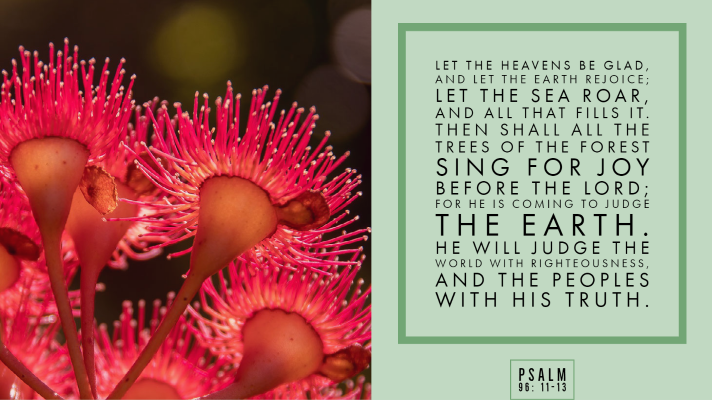Perhaps, for some of us, this year has held more of a sense of judgment than of joy. Does it seem like God is punishing humanity? Could it be that, like a loving parent, God is allowing us to experience the consequences of our collective choices and actions?
The state of the world stands as judgement against our ways of producing, consuming, and discarding things, against our priorities, our treatment of each other and of creation, against our very understanding of what it is to be human before God and in creation. Even our responses to COVID-19 have revealed deep problems in our society.
As Bishop Vincent Long said in his Pastoral Message for the Feast of St Joseph the Worker, issued just as the pandemic was beginning to bite in Australia:
“In any crisis, it is usually the poorest, the most vulnerable and the least powerful who suffer the worst. Casual employees, many contract employees and gig workers are not entitled to sick leave or carer’s leave. They are often unable to save from their earnings in order to cover periods of illness or inability to work. Surviving on the JobSeeker payment, or any other form of government assistance, is difficult. However, there are also many people who are unable to access this support and are at risk of falling through the cracks.”
Who we include, who we overlook, and who we actively exclude, says so much about our society. As Bishop Vincent said:
“Over and over the Scriptures encourage us to welcome and care for the “strangers” among us. Excluding asylum-seekers and temporary protection visa holders from government assistance is not only inhumane and unworthy of a decent society, it is also dangerous to public health at this time. Similarly, international students and non-residents on working visas are not eligible for income support. Would a good host, who invited guests to contribute to the economy by purchasing educational services or filling skills gaps, simply turn a blind eye to their needs at a time like this?”
Bishop Vincent saw COVID-19 as providing “an opportunity to reset our thinking about how we support the poorest, most marginalised, and most vulnerable members of our community” and Pope Francis too sees 2020 as a call to change.
In his message for the World Day of Peace, to be celebrated on 1 January 2021, he said that the events of this past year “have taught us how important it is to care for one another and for creation in our efforts to build a more fraternal society”. That is why he chose A Culture of Care as a Path to Peace as the theme for the message. He explains that a culture of care is “a way to combat the culture of indifference, waste and confrontation so prevalent in our time.”
It is a challenge not just to build back better, but to build back greener, kinder, and more inclusive.
As we celebrate the birth of the Christ child, let us follow the incarnational path of care and closeness to which God invites us.
Dr Sandie Cornish Social Justice Officer Office for Social Justice
